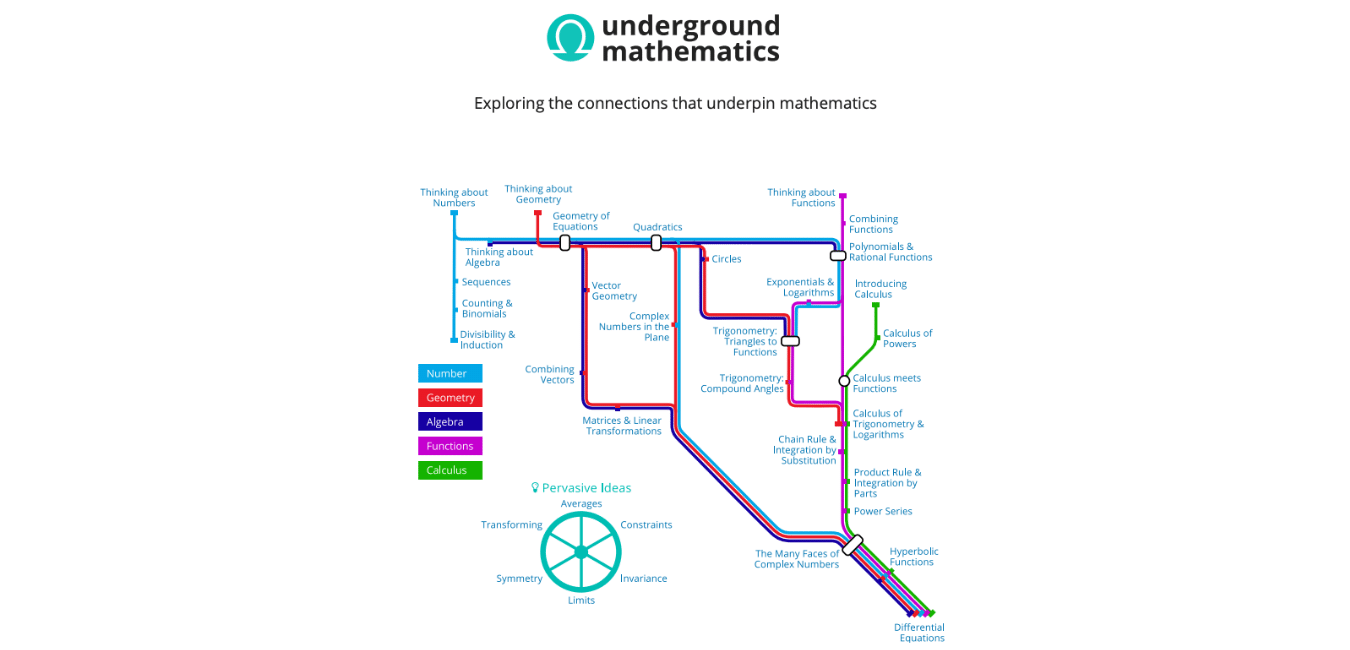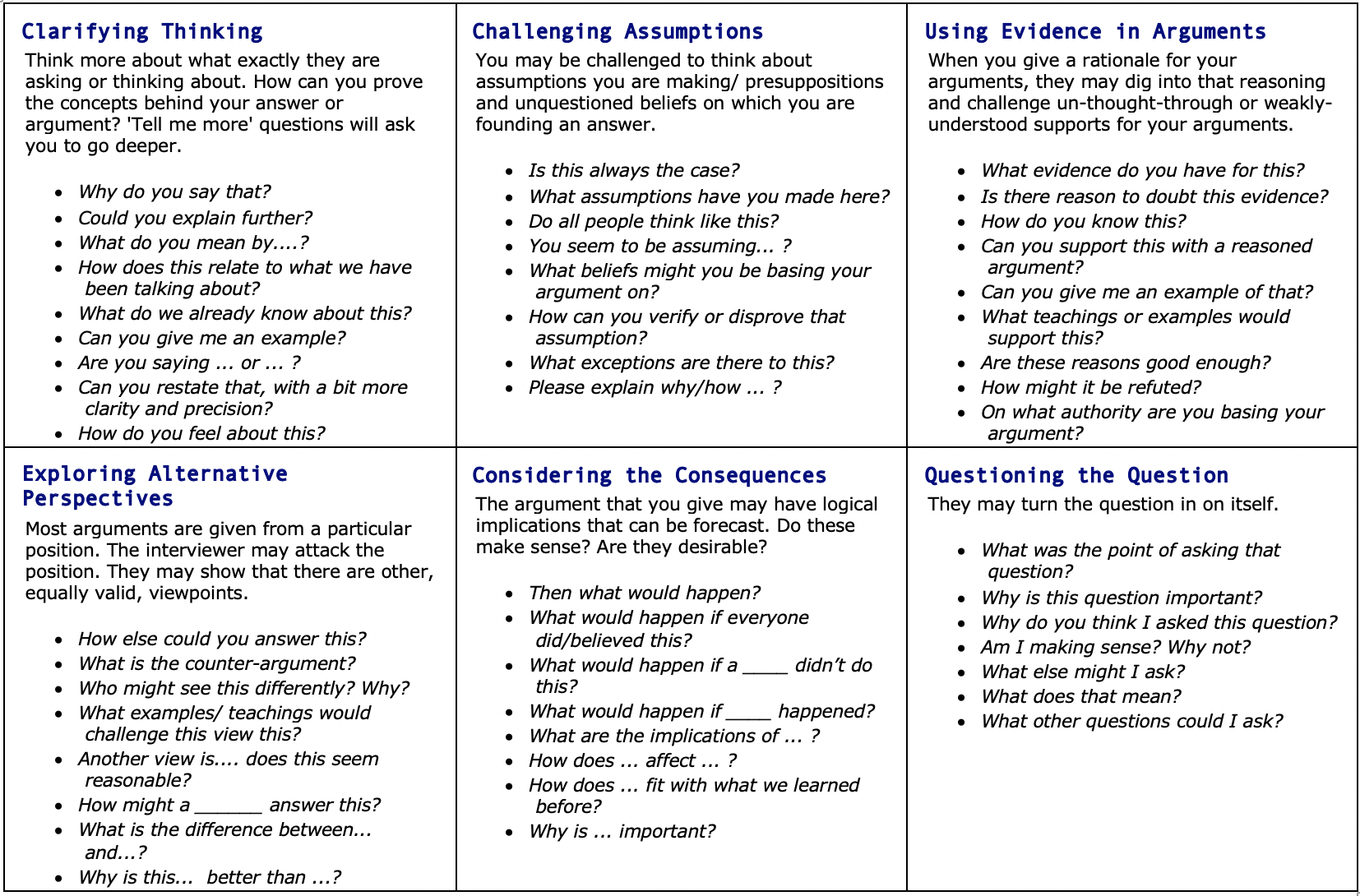The World That Waits Beyond the School Walls: Connecting Subject Content with Real-World Applications for Top University Entry Success
When rote-learning answers to exams, memorising literary passages or cramming equations to pass assessments, it can be difficult to fully realise the functional significance of what you are studying. Yet, looking beyond the syllabus into the world that awaits post-school not only instills excitement and enthusiasm for the subjects you are learning, but is crucial when approaching entrance to top universities such as Oxbridge. The strongest students will show an awareness of the wider implications of their subject, make connections between topics, and be able to demonstrate their own knowledge and application of ideas. In this digest, we suggest a range of dynamic approaches and resources for students to begin to connect subject content and real-world applicability to invigorate learning and ensure university application success. The 5 tips provided will be especially useful for those looking to begin Oxbridge interview preparation.
1) Use your “[Insert subject]" hat/ framework” when considering current affairs
When reading a newspaper or magazine/ journal, try to think from the point of view of a critic or academic in your subject field. For example, if applying for Economics, think from an economist's point of view: Is this a good argument to make? Or are they suggesting the wrong thing? Can you justify your argument either way? Always think about how you can justify your argument, and work on demonstrating your logical thinking skills.
Especially when applying to university, staying up to date on contemporary debate and current affairs demonstrates motivation and aptitude.
2) Develop lateral thinking by making links between topics and subjects
When it comes to prospective university interviews, make sure to demonstrate your own knowledge and application of ideas. That kind of lateral, ‘out of the box’ thinking is exactly what they want to see.
For example, a student applying for History of Art could show an awareness of topical issues - interesting answers could include how particular artworks/art history link to other discourses and disciplines, such as drama and literature. Similarly, a student applying for English Literature could explore links to the study of History by exploring theoretical approaches and genres such as cultural studies, historical fiction or literary historicism.
For STEM subjects - the frontier of medical and all scientific innovations are built on a complex plethora of discoveries that draw and rely on the first principles of maths, physics, chemistry, and biology learnt during A-levels and IB. Seemingly abstract topics in A-level physics, for example ‘Particles and Radiation’, not only have application in nuclear reactors and cancer treatments, but also underpin a vast number of classical biochemical experiments that rely on radioactive labels and probes. Whilst there may be general recognition that topics in maths such as calculus underpin the foundations of life-science disciplines, a student’s enthusiasm to dig deeper can be whetted when encouraged to understand how mathematical topics link directly to other STEM subjects studied at A-level. Epigenetic modelling in biology, for example, relies heavily on differential equations, and the application of topics learnt in Further Maths is even more stimulating, with linear algebra and matrices forming the basis of Machine Learning.
Cambridge University have a great resource for students to make connections between mathematical topics, Underground Mathematics. Try some of their resources to begin thinking about connecting topics and thinking creatively about approaches to the problems and concepts involved.
3) Begin to think about the wider implications of topics/ your subjects of interest
For some subjects, wider implications are more obvious than others e.g. political debates and legal issues fill our daily newspapers, important leaps in medical and scientific research will often make the front page. For other subjects, students will have to look a little deeper. When engaging in wider subject exploration, try to brainstorm an answer to the following question (this could come up at your Oxbridge interview!)
If you would like to explore beyond the syllabus over the summer, we are opening up a number of our Year 11/12 University/ Oxbridge Virtual Summer School classes to students who wish to join single events. Check https://www.mindsunderground.com/events each week to see what masterclasses are on offer! These cover 14 subjects e.g. Medicine, Law, Politics, Economics.
4) Keep abreast of current movements and developments in your subject
Read new articles, be familiar with novel challenges in the world of your subject, get accustomed to discussing a few topics you find particularly interesting and develop a critical understanding of the issues surrounding them.
For example, in our article, “How to Prepare a Successful Biological Natural Sciences Application” via our on-curriculum division, U2 Tuition, our Oxford Biology tutor describes how his Oxford Biology interview took place in the period when Ebola gained international prominence and inevitably discussed Ebola during his interviews. Note down what you think would be “hot topics” or current trends in your subject - for example, the climate change debate, the promises of personalised medicine, populism (see our prepping for Politics article) or, obviously, Covid-19. By exploring global challenges and real-world applications of academic concepts, you will develop an ability to think critically, make connections between topics and demonstrate a genuine interest in your subject come applications.
5) Become accustomed to Socratic questioning
The early Greek philosopher and teacher, Socrates, derived a method of teaching that aimed to delve into his students’ viewpoints through thoughtful questioning. He believed this enabled students to think critically, logically examine ideas and unravel more complex concepts. Oxbridge interviewers frequently utilise this style of questioning to assess how students think, debate, analyse and consider the wider implications of their subject. The Socratic approach to questioning is particularly common to Law and Medicine interviews. In preparation for this, try to consider the questions listed below when you practise answering an interview question, when developing an argument or interrogating a topic.
Fortunately, finding the resources to draw links between what you learn at school and real-world applicability has never been easier. Books and other reading resources are a great place to start, and the recent surge in online material e.g. through YouTube, has enabled unprecedented access to increasingly available resources. We hope this Curious Minds digest has shown you how you can bridge the theory-application divide, broaden your horizons, and think laterally within and beyond your chosen field. This will allow you to independently appreciate the significance of what you are learning to fully realise your academic ambitions (e.g. Oxbridge), but also to alert you to the exciting possibilities that post school-life offers.
Further Resources
Educational Podcasts: E.g. Naked Scientists, Talking Politics, BBC, Science Friday - educational podcasts are easy to listen to (especially on the move), are engaging and informative. Hosts often discuss global challenges and developments related to your subject
Journals/ Specialist Magazines: E.g. The New Scientist, Nature, The New Statesman, The Week, The Economist - keep a file of interesting articles, challenge assumptions and practise drawing main arguments/conclusions from what you read
Problem Solving/ Critical Thinking Questions: For Maths, NRICH is a great tool, or try questions from UKMT Maths and Science challenges. Essay competition questions are often centred on current trends and topics so can be great to brainstorm answers to even if you don’t end up submitting. For critical thinking, try TSA questions or GMAT questions - you could also pick out pick out examples of arguments in everyday life, and focus on trying to analyse their arguments - this will develop your “outside-the-box” thinking
How Minds Underground™ Can Support
Minds Underground™’s central ethos is linking together real-world and classroom learning. We support students applying to top UK and US universities/ Oxbridge via our on-curriculum division, U2 Tuition (Our Oxbridge preparation programme provides personal statement, test and top university/ Oxbridge interview preparation support). Students then utilise the MU platform to build evidence of wider subject exploration for their personal statements and top university/ Oxbridge interviews e.g. through entering our essay competitions, undertaking masterclasses, subject Summer Schools, after-school clubs & courses or research projects.
Book a complimentary consultation through our Contact Us page on U2 to discuss both co-curricular and extra-curricular options.






